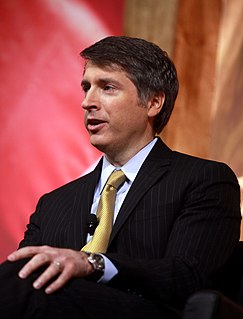A Quote by Rich Lowry
We believe in the power of 21st-century international norms. Russian President Vladimir Putin believes in the power of lies and brute force, and implicitly asks, in the spirit of Josef Stalin, 'How many divisions do international norms have?'
Related Quotes
It's plain that the American right wing, the Republicans and some sections of the Democratic Party, don't really care about international norms. They believe in the executive authority of the president. They don't even believe the United Nations or international law should play any role vis-à-vis American policymaking.
Remember, government is not an enlightened organization designed to promote public welfare. It is barbaric, uncivilized force…military and police power put to the service of the insiders who control it. Yes, there are constraints on the way the insiders use their power. There are ‘checks and balances,’ built into the constitution, for example. And there are cultural norms and traditional prohibitions. But eventually, the norms and traditions wear off, like painkillers. And then, the pain of raw government begins again.
Vladimir Putin is a Russian czar. He's kind of a mix of Peter the Great and Stalin. He's got both in his veins. And he looks out first and foremost for the national security interests of Russia. He accepts that, in Eastern Europe, that is a Russian backyard, that is a Russian sphere of influence. Ukraine lives most uncomfortably and unhappily in a Russian backyard.

































